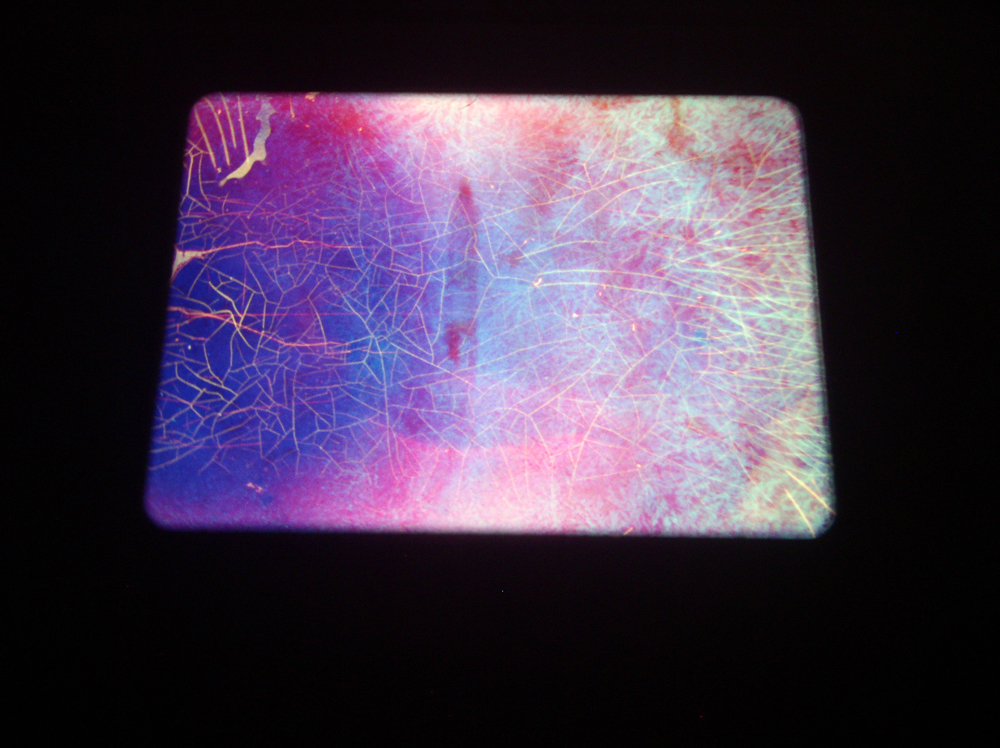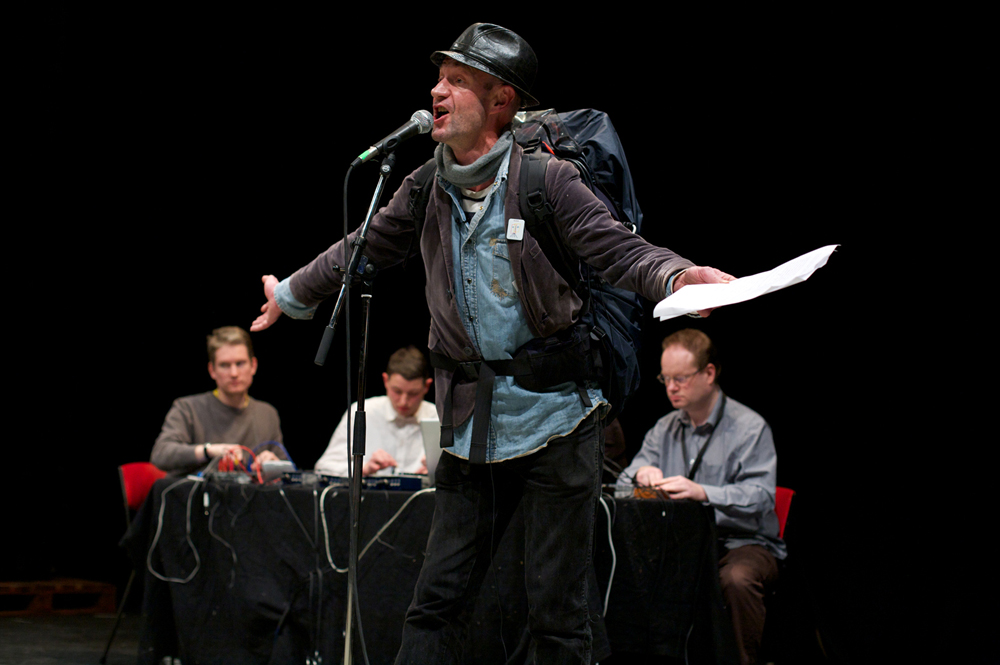
A Global Feminist Critique of Capital: Reflecting on Fanon, Federici, Spillers, and Spivak
Silvia Federici Hortense J. Spillers Gayatri C. Spivak Denise Ferreira da Silva Paula Chakravartty
A conversation and livestream considering a global feminist critique of capital with Silvia Federici, Hortense Spillers and Gayatri C. Spivak.













